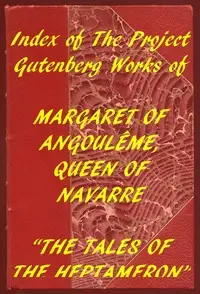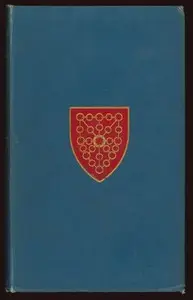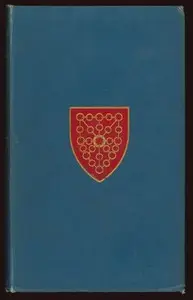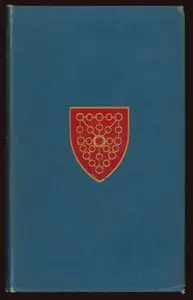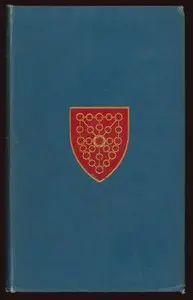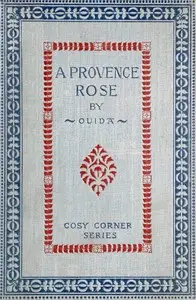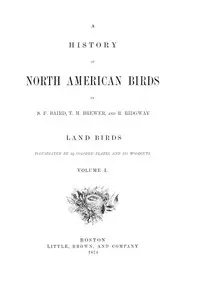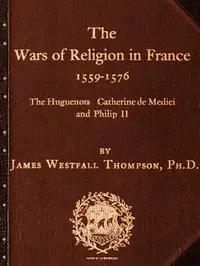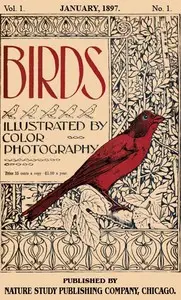"The Tales of the Heptameron, Vol. 3 (of 5)" by Marguerite, Queen of Navarre is a collection of short stories written during the early 16th century. This volume continues the narrative structure established in earlier volumes, featuring a series of interconnected tales woven around themes of love, fidelity, and moral dilemmas within a courtly context. The stories explore intricate human relationships, often highlighting the contrast between virtue and vice, particularly in romantic entanglements. The opening of this volume provides a taste of its content through stories that depict the struggles of various characters entangled in matters of the heart. For example, in Tale XIX, Pauline and her beloved gentleman choose to forsake the world by entering religious life rather than be separated from one another, a reflection of their intense love and commitment. Tale XX introduces a different perspective, as the Lord of Riant grapples with despair upon discovering his lover's infidelity, prompting a sudden severing of his feelings. These tales set the tone for the subsequent stories in the volume, which promise to delve into the complexities of human emotions and societal expectations, exemplifying the nuanced approach the author takes in addressing the frailties of love and devotion. (This is an automatically generated summary.)
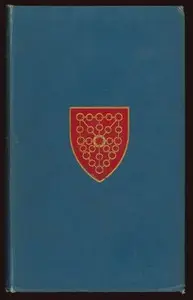
The Tales of the Heptameron, Vol. 3 (of 5)
By Queen Marguerite
Preceded by vol II PG#17702 and followed by vol IV PG#17704
Marguerite de Navarre, also known as Marguerite of Angoulême and Margaret of Navarre, was a princess of France, Duchess of Alençon and Berry, and Queen of Navarre by her second marriage to King Henry II of Navarre. Her brother became King of France, as Francis I, and the two siblings were responsible for the celebrated intellectual and cultural court and salons of their day in France. Marguerite is the ancestress of the Bourbon kings of France, being the mother of Jeanne d'Albret, whose son, Henry of Navarre, succeeded as Henry IV of France, the first Bourbon king. As an author and a patron of humanists and reformers, she was an outstanding figure of the French Renaissance. Samuel Putnam called her "The First Modern Woman".

